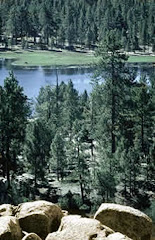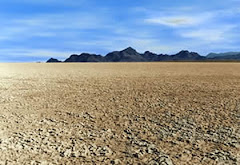Incentivo: reintegración en efectivo de hasta 7.5% de los gastos locales comprobados, elegibles las películas y series de televisión que gasten en México un mínimo de 75 millones de pesos (mdp) en producción y/o 20 mdp en posproducción.
Hasta un 5% adicional de los gastos comprobados aplicables, si la filmación cumple con los siguientes criterios de promoción de la imagen de México:
- Uso y expresión clara de procedencia de locaciones mexicanas en contextos positivos a la imagen del país.
- Uso de un mínimo de talento clave nacional, tanto en el elenco como en la producción.
- Un 70% mínimo de la filmación/grabación deberá ser realizada en México.
- Producciones cuya trama presente a nuestro país en una óptica favorable y positiva
Todas las solicitudes y tramites de carácter operativo para las producciones deberán ser resueltas en un plazo no mayor a las 2 semanas posteriores a la aplicación
- INAMI
- SEDENA
- SHCP/SAT
- PFP
- SE
- CPTM
- CONACYT
- SEMARNAT
- INAH
- ProMéxico
President Felipe Calderón presented on March 9, 2010 in Baja Studios in Rosarito, Baja California a program to support the film industry comprising a number of incentives, facilities and incentives for foreign productions interested in filming in Mexico.
Incentive: Cash rebate up to 7.5% of local expenditures, eligible films and television shows that spend in Mexico a minimum of 75 million (pesos) in production and /or 20 million (pesos) in postproduction.
Up to an additional 5% rebate, if the film meets the following criteria to promote the image of Mexico:
- Use of clear expression and origin of Mexican locations in positive contexts.
- Use a minimum of national key talent, both in talent and production crew.
- A 70% minimum of filming / recording shall be made in Mexico.
- Productions whose plot presents the country in a favorable and positive way.
All applications and paperwork made to government agencies must be resolved within a period no longer than 2 weeks after the application has been submitted.
- INAMI
- SEDENA
- SHCP/SAT
- PFP
- SE
- CPTM
- CONACYT
- SEMARNAT
- INAH
- ProMéxico





